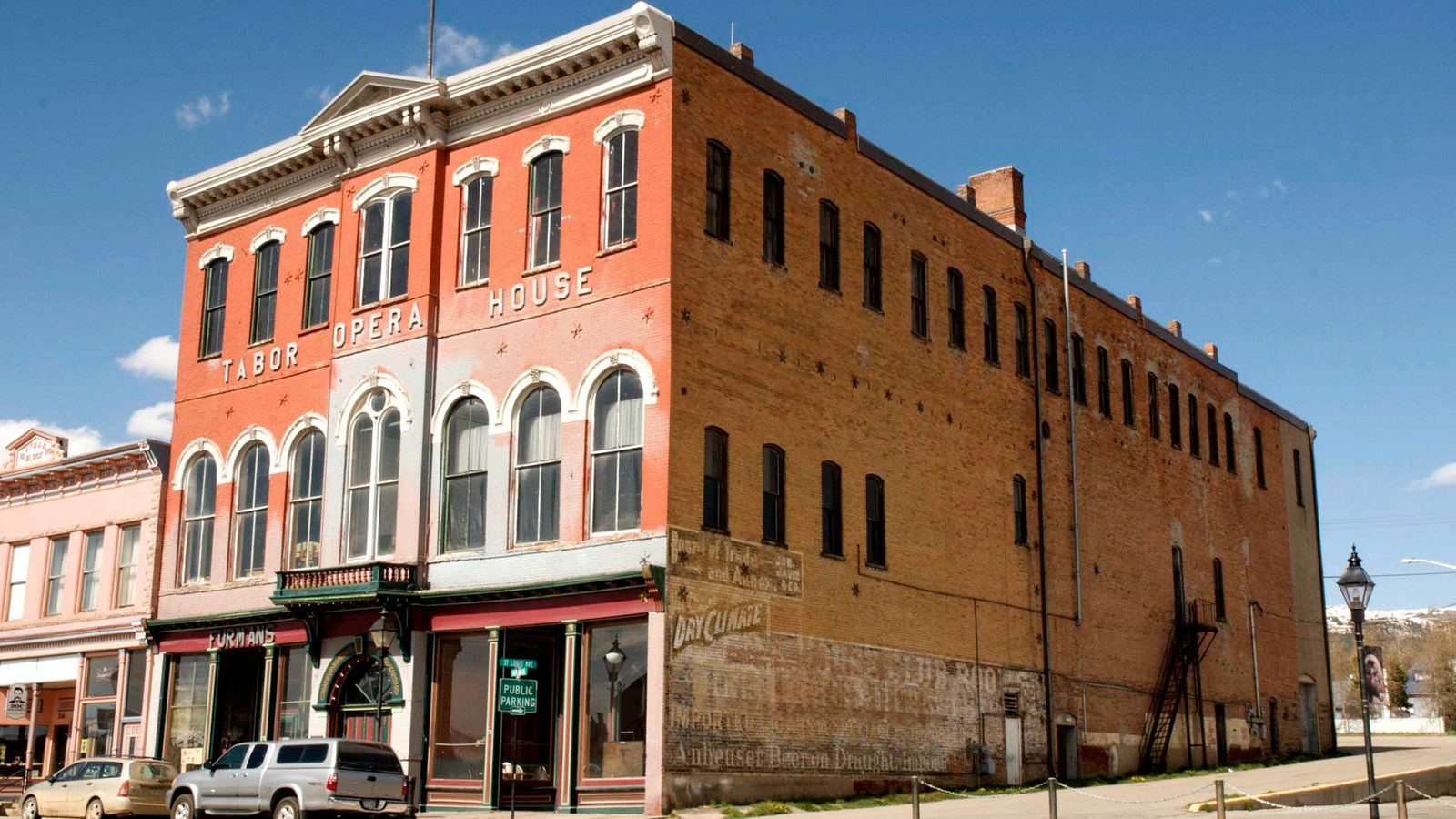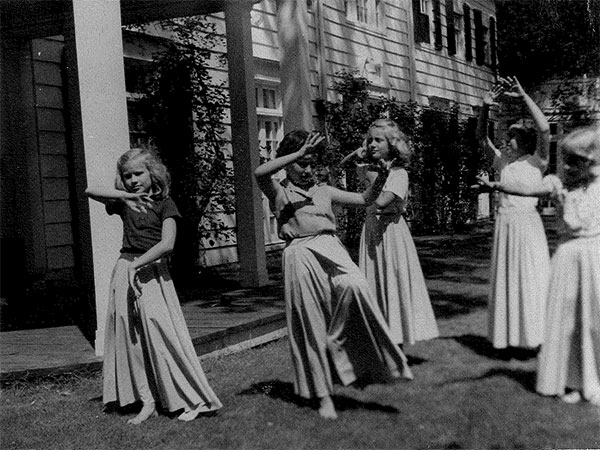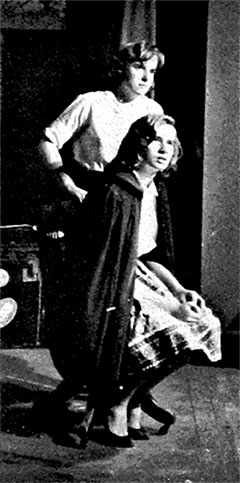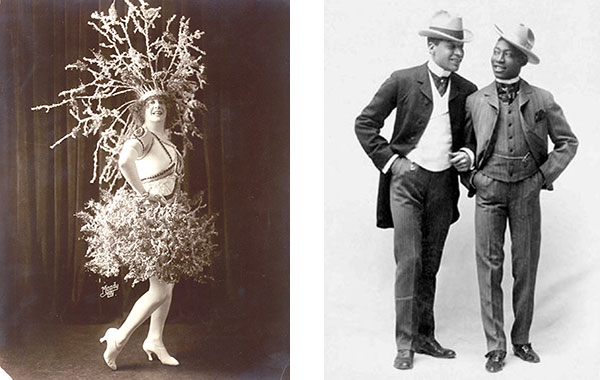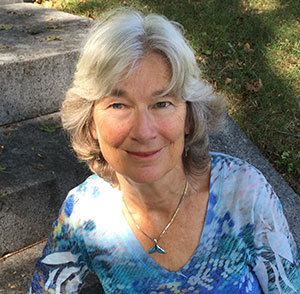
Liza Ketchum
Question
Liza, you’ve shared that your early fascination with acting and a love of the theater have informed your writing. How do you apply your knowledge of theater to the writing you do? How can other writers make use of this?
Answer
Since I was very young, I loved making up stories and acting them out. As a child, my friend Sally and I dressed up in my grandmother’s cast-off dresses from the Roaring Twenties. Playing in the shade of the elm tree, at my grandmother’s house in Vermont, we became Greek goddesses, queens and servants, and other invented characters. As teens, Sally and I hung out at the local summer theater, trying to help out (but probably getting in the way). I acted in plays in high school, attended theater school after graduation, and ran the drama program at a summer camp in my college summers. Though I didn’t continue acting, my experience with theater was incredibly helpful when I began to write fiction. In drama school, I learned to inhabit the characters that I played, both physically—down to their tics, their posture, their manner of walking, the timber of their voices—as well as emotionally. What were their fears, desires, foibles, needs, secrets? As actors, we needed to know everything about a character’s background, her family, her friends, and enemies—in short, everything a writer needs to think about when creating characters for her novels.
When I taught with Kelly Easton, who is both a playwright and novelist, I realized how important it was for our students to read plays and/or attend theater performances. Watching or reading a play can help the novelist understand the structure of scenes, and the scene’s forward momentum is often more sharply defined in a play than in a novel. I have always thought of dialogue as the spine of a story; the source of a story’s energy as well as its backbone—so reading plays is an excellent way for the writer to hone her skills with dialogue. It also attunes the writer to the sounds of the words on the page. Because young readers also enjoy live theater, I thought it would liven up their reading experience to add three scenes, written in play form, to The Life Fantastic, so that they could take on the roles of my characters and interpret them themselves.
I’m lucky to live in a region where I have access to excellent major theater productions, but summer stock, university theaters, and smaller neighborhood productions also provide inspiration for fiction writers—so buy a ticket and enjoy!
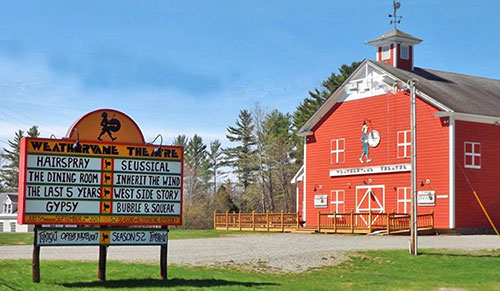
Summer Stock theater, this one in New Hampshire

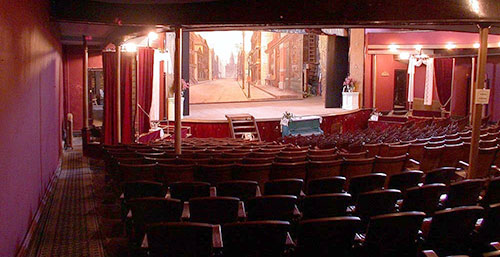
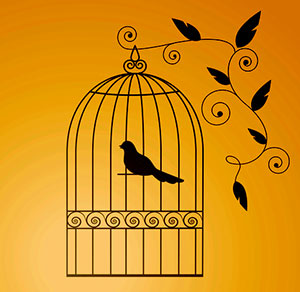 Liza, how did a dead canary inspire you to write this novel?
Liza, how did a dead canary inspire you to write this novel?